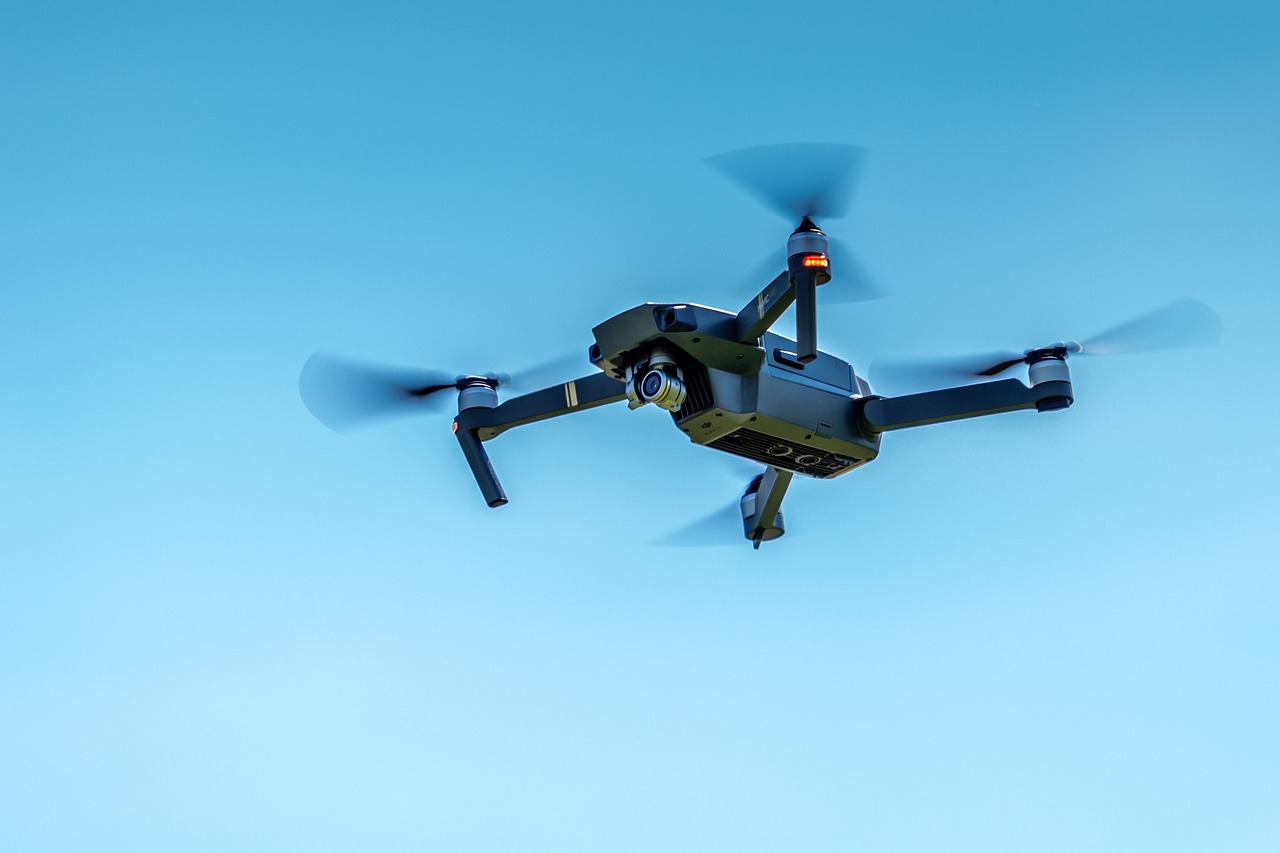This post is also available in:
 עברית (Hebrew)
עברית (Hebrew)
A team of researchers from ETH Zurich developed a new mechanical sensor that is powered by sound, which could end the usage of disposable batteries. An interesting feature of the innovation is that the device can be powered selectively using a particular tone or noise, and not by any sound in its environment.
Sensors, which are used by a variety of fields in everyday life, require small portable batteries to work and (depending on their energy consumption) could require even daily battery replacements. This creates a massive electronic waste problem that scientists are working to solve by finding alternative power sources. The ETH research team has found sound to be a powerful alternative.
But how can sound power a device? According to Johan Robertson, professor of geophysics at ETH, the sensor uses the vibrational energy of the sound waves, which causes the sensor to vibrate and produce electrical energy that can be used to power devices.
The researchers demonstrated for their prototype that the sensor could generate tiny electrical pulses when “hearing” the word “four,” but the word “three” did not generate the same impact- they made sure to solve the issue of potential overcharging by enabling selective triggers for charge.
According to Interesting Engineering, sensors made with this tech are classified as metamaterials, but it is not the properties of the components but rather their structure that gives them special properties.
The researchers are currently working on newer variants of the sensor able to detect up to twelve different words like “on,” “off,” “up,” and “down,” as well as a miniaturized sensor the size of a thumbnail.
As far as possible applications go, battery-free sensors can be deployed for monitoring buildings in an earthquake- the alarm goes off if the building develops a crack that gives out a typical sound frequency. Another use is to monitor decommissioned oil wells- when gas begins leaking from a borewell, it gives out a long hissing sound that the mechanical sensor could detect and sound an alarm.


























